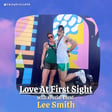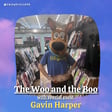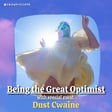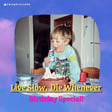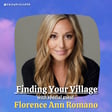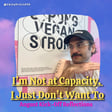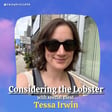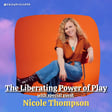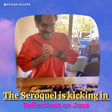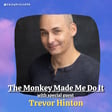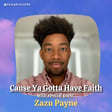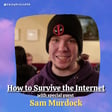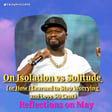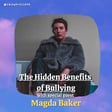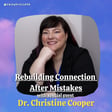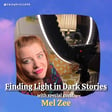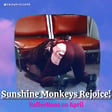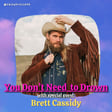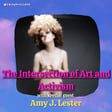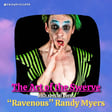
i feel that way about garlic too (with special guest jaz papadopoulos)
In this very special comeback episode of Friendless, host James Avramenko welcomes back the talented poet and writer, jaz papadopoulos.
jaz shares their rich experiences and profound journeys from studying critical theory to thriving in a queer feminist community, and eventually entering an MFA program. Together, James and jaz delve into the intricate process behind Jaz’s verse novel "i feel that way too" from its organic beginnings to its polished final form.
The conversation shifts to discuss the liberating yet challenging aspects of living less reliant on capitalism, including details about Jaz’s garlic farming endeavours. They explore writing as a tool for both critique and affirmation, discussing influences like Edward Said and the intricate beauty of language. jaz reflects on the journey of incorporating and refining powerful quotes, tackling the complexities of copyright, and navigating the multifaceted nature of activism in a rural setting.
Tune in to hear about:
- jaz's involvement in critical theory and the evolution of their creative writing.
- The supportive role of queer feminist communities.
- The creative journey of writing a verse novel.
- Living sustainably through garlic farming and its implications on identity and activism.
- The significance of language, tone, and literary influences like Edward Said.
- Details about jaz’s new book, upcoming tour, and their latest creative projects.
Follow jaz on Instagram HERE
and read more of their work HERE
Sign up for the Friendless Substack HERE!
Read "Hey, sorry I missed you"
Support the show, Buy Me A Coffee!!
Create your podcast today! #madeonzencastr
